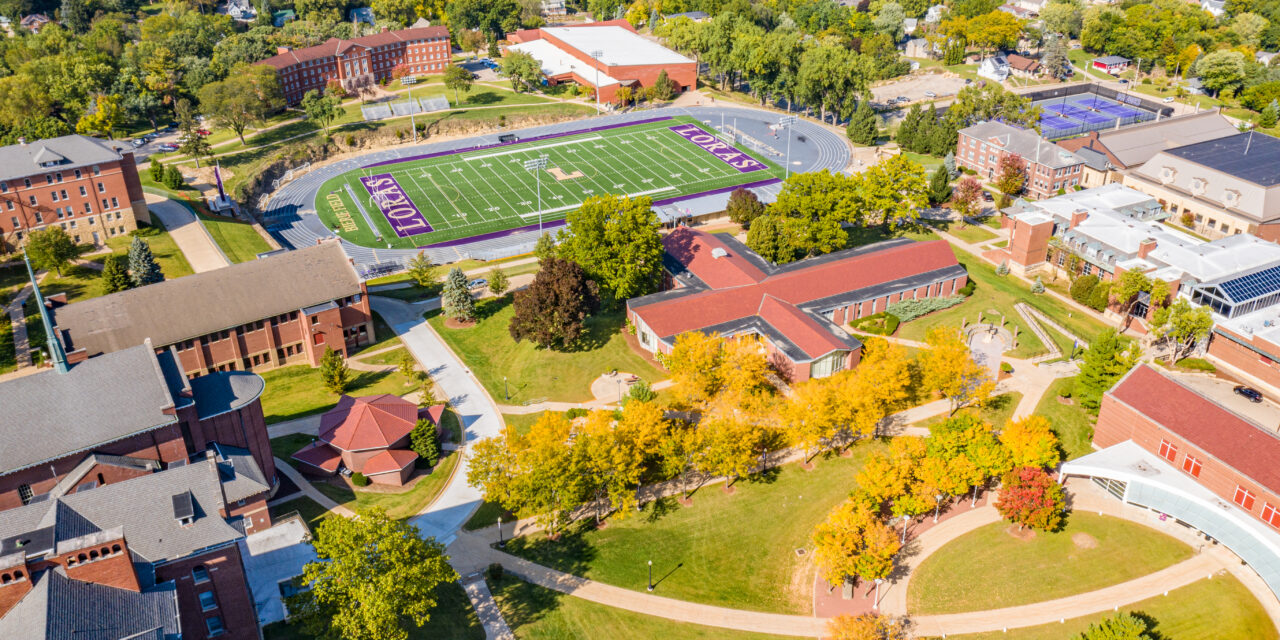I remember watching Wayne Rooney's professional debut for Everton back in 2002, and even then, you could sense something special about this stocky teenager from Liverpool. What struck me most wasn't just his spectacular winning goal against Arsenal - a moment that would announce his arrival to the football world - but the sheer audacity of a 16-year-old taking on and beating one of the Premier League's strongest defenses. That goal, coming in the 90th minute no less, perfectly encapsulated what would become the defining characteristic of Rooney's career: his ability to deliver when it mattered most.
Looking back at Rooney's career statistics still impresses me - 208 goals in 491 Premier League appearances for Manchester United, making him the club's all-time leading scorer with 253 goals across all competitions. These numbers alone would secure his legendary status, but what truly defined Rooney was his incredible versatility and football intelligence. I've always argued that his willingness to adapt his game for the team's benefit set him apart from other superstars. He played as a central striker, supporting striker, attacking midfielder, and even dropped deeper into midfield during his later years - each time reinventing himself without losing his effectiveness. His partnership with Cristiano Ronaldo between 2006 and 2009 remains one of the most devastating attacking combinations I've witnessed in modern football, with Rooney often sacrificing personal glory to facilitate Ronaldo's development into a Ballon d'Or winner.
The 2010-2011 season particularly stands out in my memory as the pinnacle of Rooney's individual brilliance. That overhead kick against Manchester City remains arguably the greatest goal ever scored in the Premier League - the technique, the timing, the significance in a local derby. What people often forget is that he was going through a difficult period personally and professionally, yet he produced that moment of magic when United needed it most. This ability to create iconic moments under pressure reminds me of the championship mentality we see in teams like La Salle, who recently secured another victory in the championship round on Monday. Just as La Salle now has a golden opportunity at becoming the first-ever repeat champion in the three-year history of the Japan invitational tournament, Rooney consistently seized such defining moments throughout his career.
His international career with England, while sometimes criticized, actually demonstrates his incredible longevity and commitment. With 53 goals in 120 appearances, he became England's all-time leading scorer - a remarkable achievement given the pressure that comes with representing the Three Lions. I've always felt that Rooney never quite received the credit he deserved for his England contributions, partly because expectations were unrealistically high following his explosive emergence at Euro 2004. That tournament in Portugal showcased Rooney at his most fearlessly brilliant - four goals as an 18-year-old phenomenon who looked destined to lead England to international glory.
What many modern fans might not fully appreciate is Rooney's incredible physical resilience. During his peak years at Manchester United, he maintained astonishing fitness levels, rarely missing matches through injury despite his all-action style. His work rate was simply phenomenal - I recall numerous matches where he'd track back to make a crucial tackle in his own penalty area, then moments later be leading the counterattack and scoring at the other end. This complete dedication to every aspect of the game, this refusal to conserve energy for purely offensive duties, made him the ultimate team player in an era increasingly dominated by individualistic stars.
Reflecting on his career trajectory, I'm particularly impressed by how Rooney evolved as a player. The raw, explosive teenager transformed into a sophisticated playmaker in his later years, his game intelligence compensating for the inevitable loss of physical sharpness. His understanding of space, movement, and timing became increasingly refined, allowing him to remain effective even as his role changed. This adaptability speaks to a football intelligence that doesn't always get recognized amid the highlight reels of spectacular goals.
As we consider legacy, Rooney's impact extends beyond statistics and trophies. He represented a certain English football identity - passionate, hardworking, technically gifted but fundamentally team-oriented. In today's game, where specialization has become increasingly common, Rooney's versatility and completeness as a footballer feel almost nostalgic. His career serves as a masterclass in professional evolution, showing how true greatness isn't just about maintaining peak performance but about continuously adapting to new challenges and roles.
Watching current talents develop, I often find myself comparing them to Rooney's career arc. The modern game produces different types of players, but there's something timeless about Rooney's combination of technical quality, physical power, and mental fortitude. His career highlights - from that first wonder goal against Arsenal to his record-breaking achievements - form a narrative not just of individual brilliance but of relentless progression and adaptation. Just as teams like La Salle aim to create their own legacy through consecutive championships, Rooney built his through consistent excellence across different phases of his career, each chapter adding depth to his footballing story.




